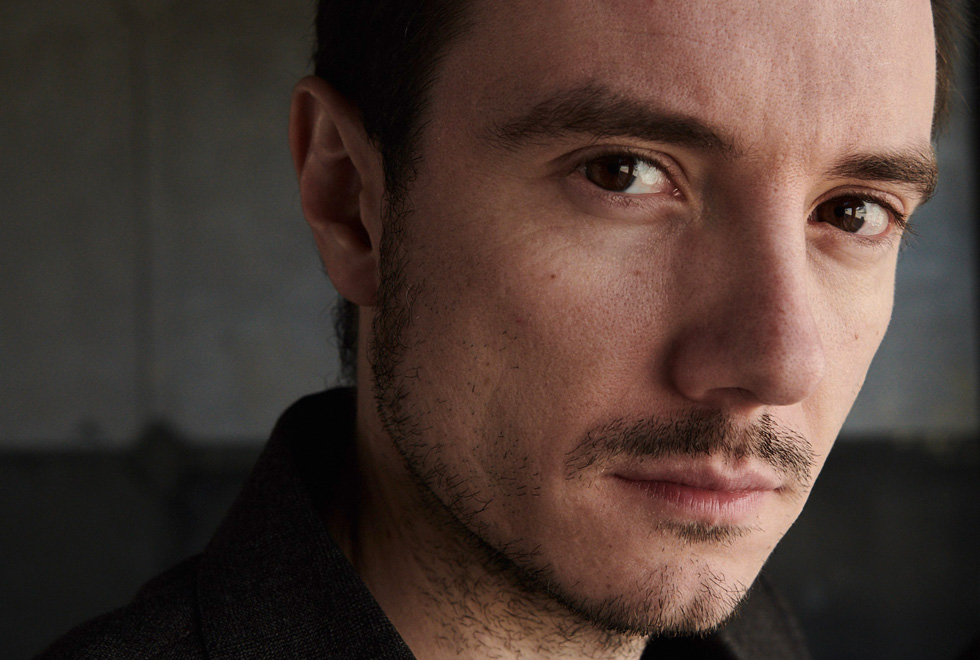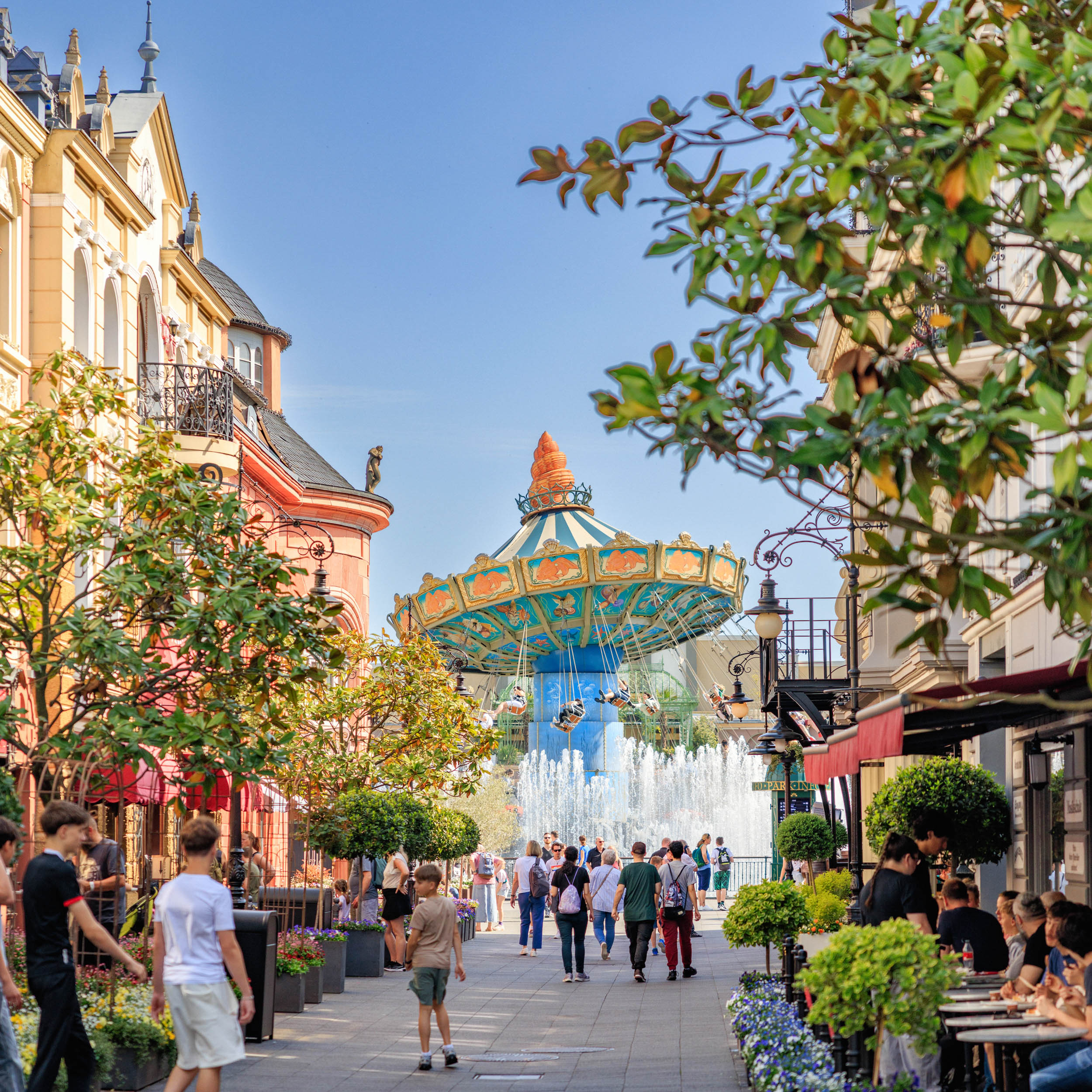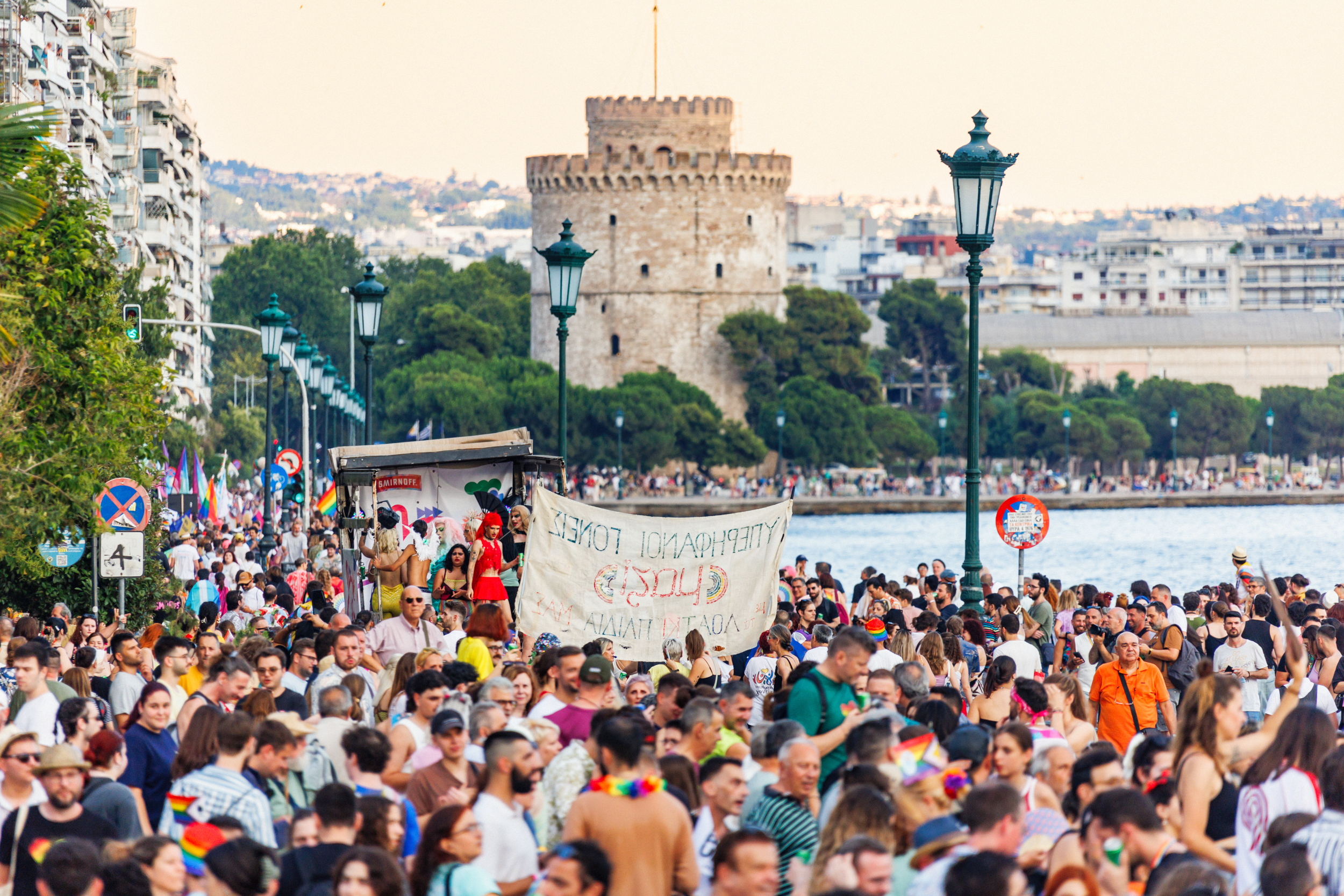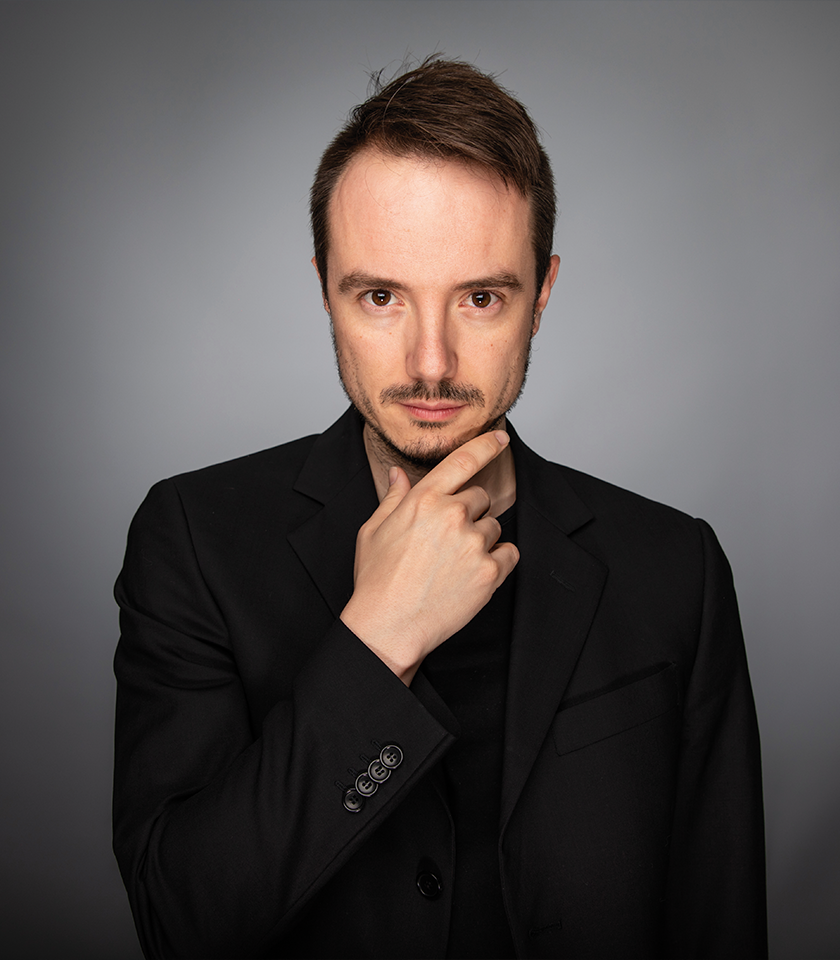Did you know that during the Nazi era 15,000 people were sent to concentration camps for same-sex love? Did you know that these people were labelled with a pink triangle and were even considered by other camp inmates as being inferior? Did you know that they often didn’t even survive three days in the camps? And did you know that some of those who survived remained imprisoned after the concentration camps were liberated because homosexuality – in both the Federal Republic of Germany and in Austria – was a prosecutable offense until the 1990s?
If this is all new information to you and you now want to take comfort in the fact that these stories remain a thing of the past, then I will, unfortunately, have to keep alarming you. Although civil partnerships and marriage for same-sex partners have become a reality in more and more countries, this is in many ways overshadowed by the truth that right now, in 2018, homosexuality is banned by law in over 70 countries, and in eight of these, is even punishable by death.
But even laws that grant legal protections cannot protect against hostility. In Vienna, generally considered to be a very tolerant city, 79 percent of homosexual respondents to a survey reported having experienced public hostility for their sexual orientation at least once – 20 percent of whom were even subjected to physical violence.
Homophobia is on the rise again worldwide. This is also true in supposedly liberal society. But we don’t hear much about it. At most, homophobic incidents might make the local media, but only in its usual chronicling of violent crimes. Such things only become international news when they are particularly horrific. In Brazil, on average, a person is killed for their homosexuality every 16 hours. In Ecuador, there are over 200 “re-education clinics” where lesbian women are imprisoned, brainwashed, force-fed and sedated by staff who submit them to “corrective” rape. In Chechnya within the last year, over 100 people suffered days of brutal torture in detainment before being outed and released by the authorities, only for them to then be in danger of honour killings by their own families.
As you can see, many things happen that we’re simply never aware of. This is exactly the reason that led us to the Pink Triangle Campaign. We want to put the issue of homophobia back into the media again and by doing so point out the scope of the problem. In the Nazi era, public solidarity was life-threatening. In liberal countries today, we are free to stand behind any people who need our help. That’s why our action isn’t limited to the queer community but is deliberately aimed to inspire an alliance that includes the wider society.
Share the campaign, show solidarity and talk to the people around you. Homophobia isn’t insurmountable and we’ve already made progress against it. But there are so many people out there who need our help, and their lives often depend on just a few factors – factors we can positively influence.
www.pinktriangleissue.com
Text: Julian Wiehl
Foto: Olaf Blecker











